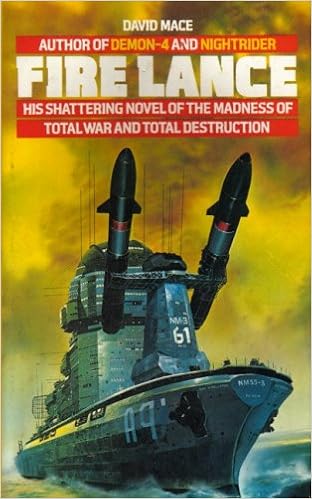Repeated on BBC2 yesterday evening from early 2012, Horizon's examination of the benefits of exercise repaid a second viewing.
The programme featured a distinctly chubby Dr Mosley (these were the days before Intermittent Fasting and the 5:2 diet). His novel message was that three minutes of high-intensity training per week was sufficient to turn your flabby body around.
We saw Michael on his exercise bike: 20 seconds cycling to exhaustion, a rest, then repeat and repeat - one minute in total. Do it three times a week.
This one minute of high-intensity workout depletes muscles of their glycogen stores (glycogen is the precursor of glucose, which fuels our muscles). The body concludes it's under stress and improves insulin-processing performance and maybe (genes permitting) the cardiovascular system. Perhaps in as short a time as one month.
The other key idea is to keep active - walking around - on a regular basis rather than spend hours slumped in a chair in front of a TV or computer. This stops the body from sludging up (Mosley was a little more technical).
Mosley argued that gym hours surely add value - strength, cardiovascular - but you can get good results even without it.
My feeling is that the human body is complex and the research reported tracked relatively few variables. So I think the programme may have under-rated the additional benefits of working out.
---
Some thoughts on intermittent fasting, based on five months experience.
1. On a fast day expect to go to bed hungry. You have had no more than one quarter of your required calories (if you weren't cheating), what did you expect?
2. If you are going to exercise on your fast day (I usually do), have enough carbohydrates the previous day/evening. If you start exercising with glycogen-depletion, then you'll hit a wall pretty sharpish, and this undermines the benefits of exercise.
3. Don't eat too much on the non-fast days. Binge-eating, especially junk food, undermines the process.
4. The point of intermittent fasting is not primarily dieting, it's to give a shock to the body to stimulate cell-repair mode, protecting against cancer and heart disease. There has to be a shock - see 1 above.
5. If you are seriously working out you will be building muscle mass. This - on the scales - will counteract continuing loss of surplus fat. So be prepared to plateau weightwise, for a while.










